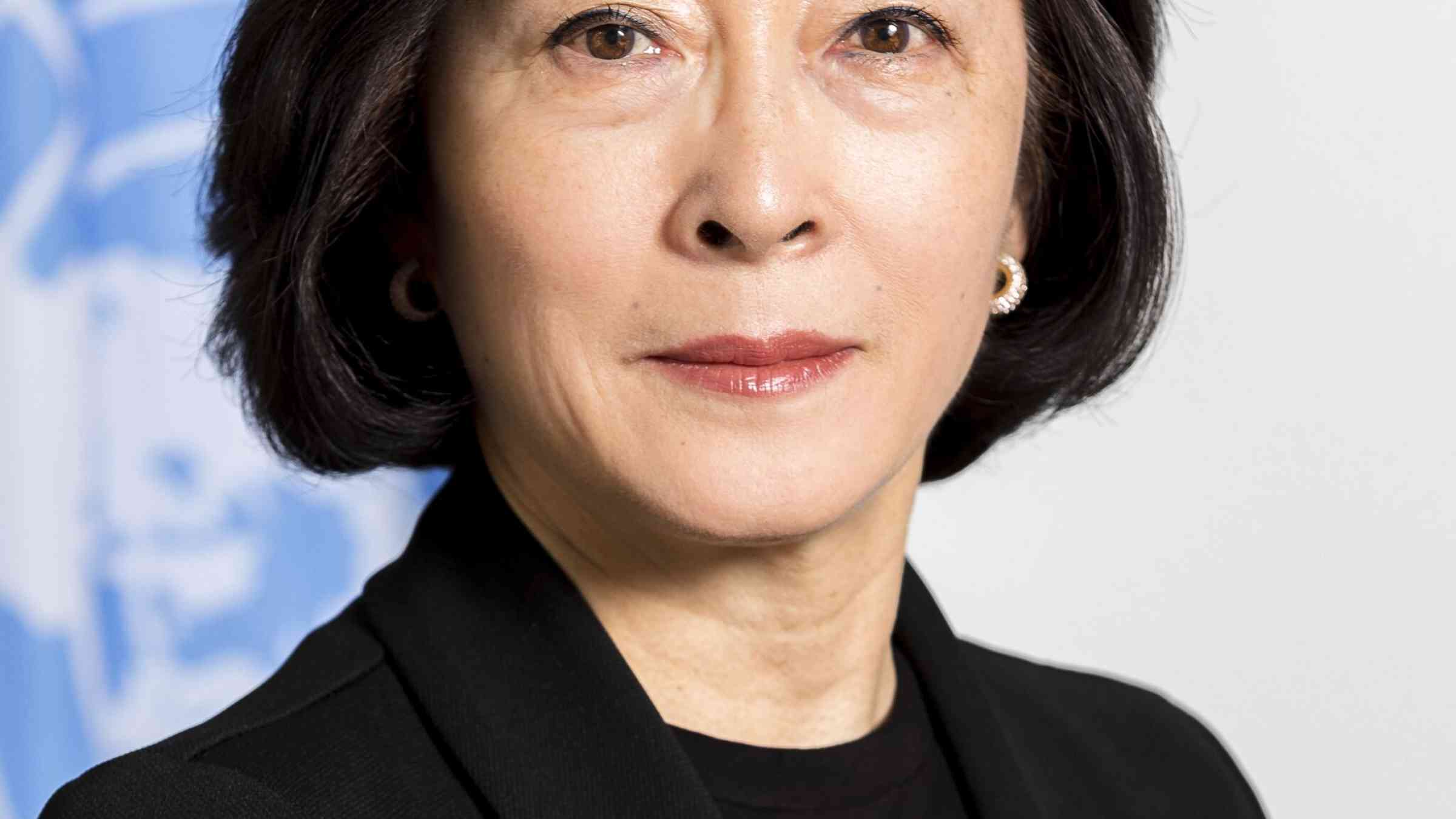Remarks by SRSG Mizutori at the ICLEI World Congress 2021-2022 - Resilient Development and Risk Management for a Sustainable Urban Future

Check against delivery
Remarks by SRSG Mizutori at the ICLEI World Congress 2021-2022
Resilient Development and Risk Management for a Sustainable Urban Future Thursday, 15 April 2021 at 09:00 – 10:00 CEST: High Level Discussion on the MCR2030 to meet the challenges of urban resilience.
Thank you for the opportunity to speak to you about the critical importance of resilient development and risk management for a sustainable urban future.
I take heart from the growing political momentum on the issue of disaster resilience infrastructure issue as expressed most recently by the US President Biden. President Biden announced last month a one-time capital investment of roughly $2 trillion to fix what he describes as America’s “crumbling infrastructure.”
Also encouraging is the rapid expansion of the Coalition for Disaster Resilient Infrastructure (or CDRI as we all know it) launched two years ago by India’s Prime Minister Modi, with the strong support of UNDRR.
The global concern for reducing damage to critical infrastructure in urban settings is also evident throughout the 101 national strategies for disaster risk reduction which UN member States have prepared as they go about implementing the Sendai Framework for Disaster Risk Reduction.
The next challenge is to boost the creation of more local strategies for disaster risk reduction. These should be aligned with the Sendai Framework targets on reducing disaster losses and with the principles of the Making Cities Resilient initiative, MCR2030, which we are now implementing with ICLEI and other partners.
MCR2030 provides a clear three-stage resilience roadmap for cities: first, to enhance knowledge on risk and resilience; second, to put in place disaster risk reduction and resilience strategies; and finally, implementation and action to practically strengthen resilience.
Cities and partners that sign-up have access to tools and services provided by a wide range of organizations which will help them take actions and to progress along the resilience roadmap.
We envisage MCR2030 becoming the central space for cities and their partners to meet, to share joint experiences and expertise, and to form strong bonds of solidarity and mutual support.
The online dashboard not only helps measure progress but also provides the space for interaction between partners and cities. I am happy to inform you that since the dashboard was made operational in February already our member cities represent more than 55 million people.
The need for innovation and transformation in how urban risk is managed has been brought home to us all by the impact of the COVID-19 pandemic and the fact that extreme weather events have almost doubled in the last twenty years compared to the previous twenty.
Hunger and poverty are on the rise, especially among the one billion people who live in overcrowded informal settlements with little access to basic services.
You, the local leaders who are on the front line know first-hand that resilience is not built overnight. It is a long process and cities are at different points on that journey. Cities will need more support and guidance as they move along the pathway to resilience – this is what MCR2030 will provide.
Let me take this opportunity to request a few actions from your side.
First, please look at the MCR2030 website, understand how this initiative can help you, and join up, so you can access the network of partners providing services.
Second, reach out in your networks to encourage other cities to join. We want to be an inclusive movement including those cities and towns that are sometimes left outside global movements.
And finally, please use the MCR2030 as an opportunity to share your experiences and knowledge with other local governments, and perhaps even become a Resilience Hub.
I am confident that by the time the Malmo Summit takes place in May next year, the learning from MCR2030 will already have made a worthwhile contribution to increased understanding of disaster risk at the local level and how to manage it successfully.
Thank you.